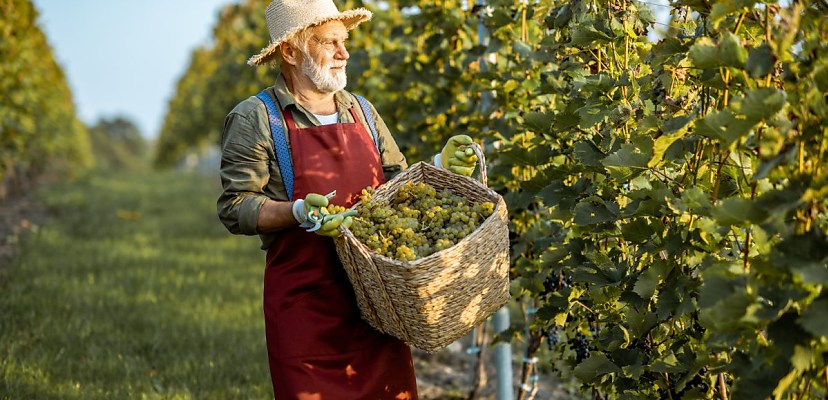Share this article on:
Powered by MOMENTUMMEDIA
Breaking news and updates daily.
Despite playing a major role in shaping human history for over 8,000 years, the wine industry faces an unprecedented danger that could wipe it out altogether – climate change.

That’s right! Your favourite bottle of red is at risk of extinction, with rising temperatures and lower levels of rainfall threatening the climates in which grapes are grown and reducing the output of harvests.
As much as the wine industry is built on tradition and embedded within history, the threat it faces means it must change to ensure its survival.
Luckily, as research from Swinburne University of Technology has noted, digital technologies like artificial intelligence (AI) could be the solution.
According to Swinburne Professor in Interaction Design Jeni Paay, experts are saying that AI could transform the industry in a myriad of ways.
“Within the next decade, artificial intelligence has the power to transform the wine industry forever …” according to USA Wine Ratings.
“According to a growing number of wine experts, AI could impact everything from how we buy wine, to how we grow vines in the vineyard, to how we judge wine.”
The technology could influence the way in which wine is consumed, recommending pairings based on flavour and aroma.
“However, some of us might consider the creative and intuitive decisions of the winemaker a vital part of the art of winemaking, that which gives wine a distinctive character and defines the identity of particular winemakers,” Paay said.
A key goal in adopting AI technology is to increase sustainability and maximise the output of harvests to ensure the industry remains profitable.
As Paay points out, technology already plays a big role in the growth of grapes, with temperature measurements and soil moisture readings being done by smart wireless sensor networks, which feed that information back to growers, who can then ensure how to care for their crops.
Drones and robots are also used to monitor vineyards and even harvest grapes.
“Enter AI technologies, and the power to support wine growing rapidly expands into providing interpretive and predictive advice,” said Paay.
“Recent wine industry reports claim that AI will be critical in helping winemakers adjust to changing climate conditions.”
Just as it has been widely adopted across a number of sectors, AI has already begun to influence the wine industry.
Already, tasks like analysing thermal imaging to detect disease or infestations, making recommendations based on climate predictions, and analysing plant needs such as water, soil and temperature, all of which contribute to a better harvest and the survival of the industry despite the growing threat of climate change.
The full capabilities of AI are yet to be discovered, and only time will tell how the industry will continue to evolve. Making winemaking more sustainable is important not only for the industry’s survival but also for combating climate change itself.
AI could very well be used to find ways to reduce energy and water requirements for farming in the future, too, reducing the impact it has on the environment. Only time will tell.

Be the first to hear the latest developments in the cyber industry.